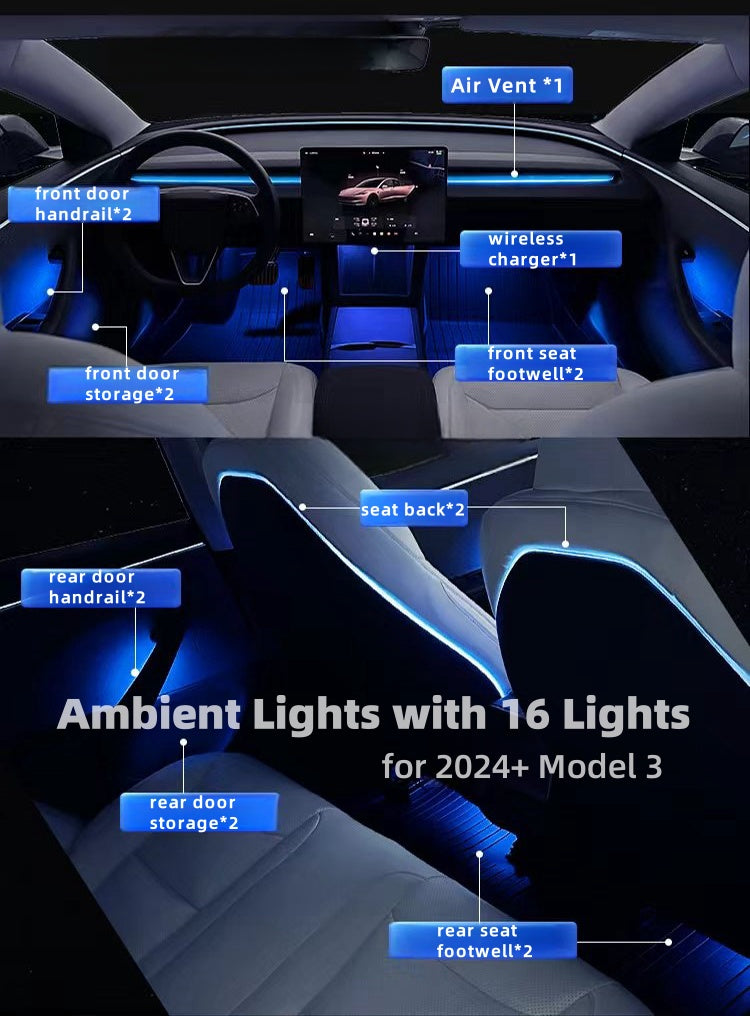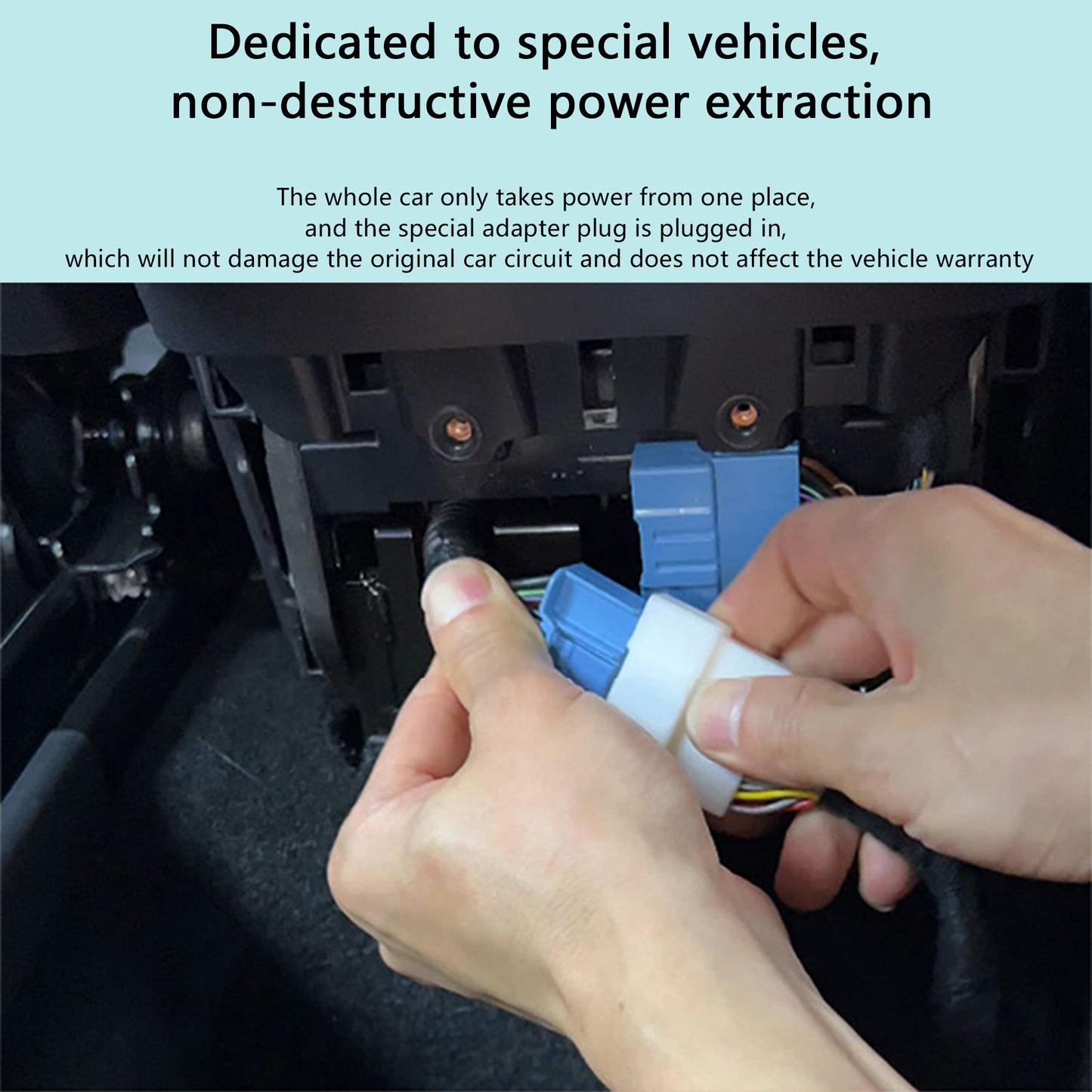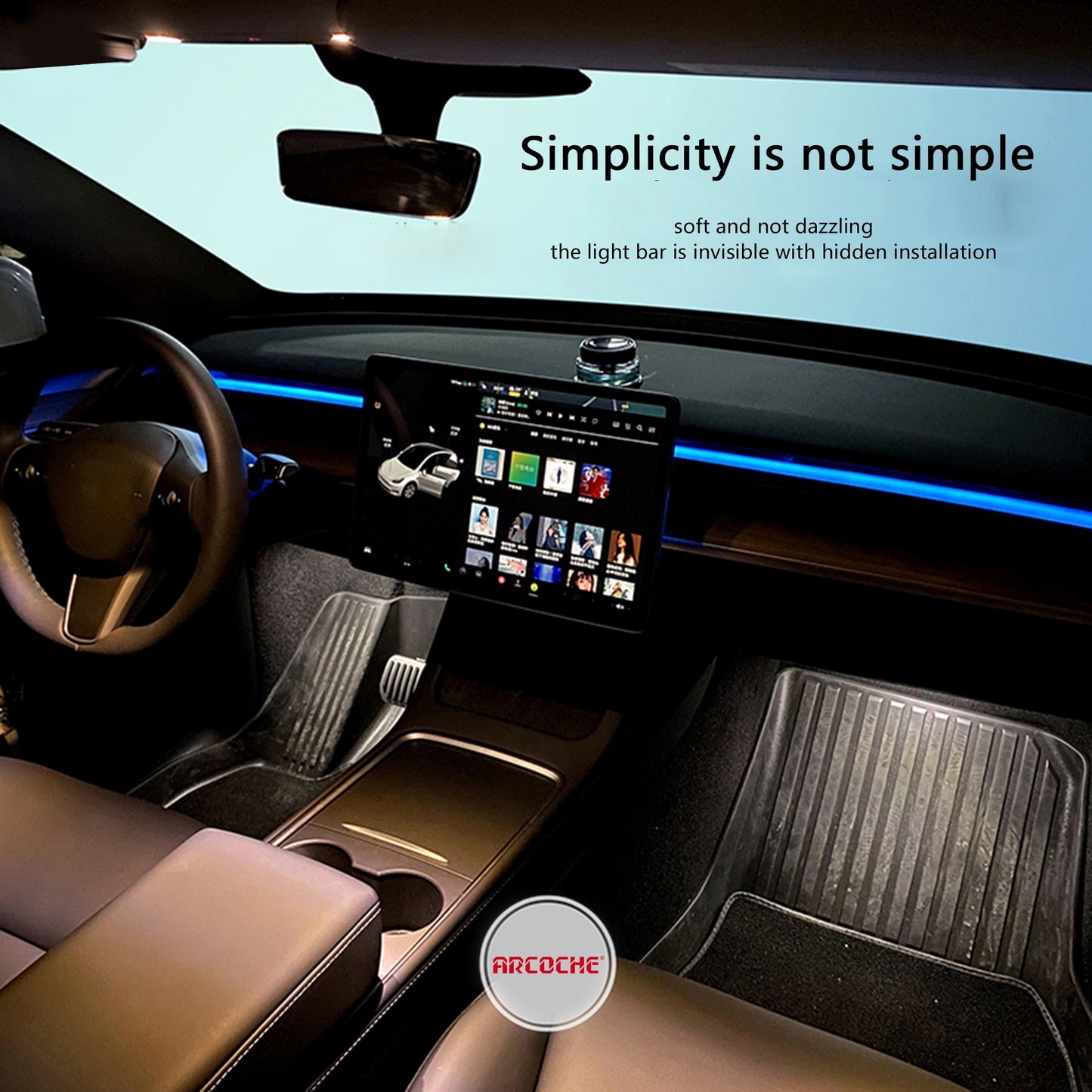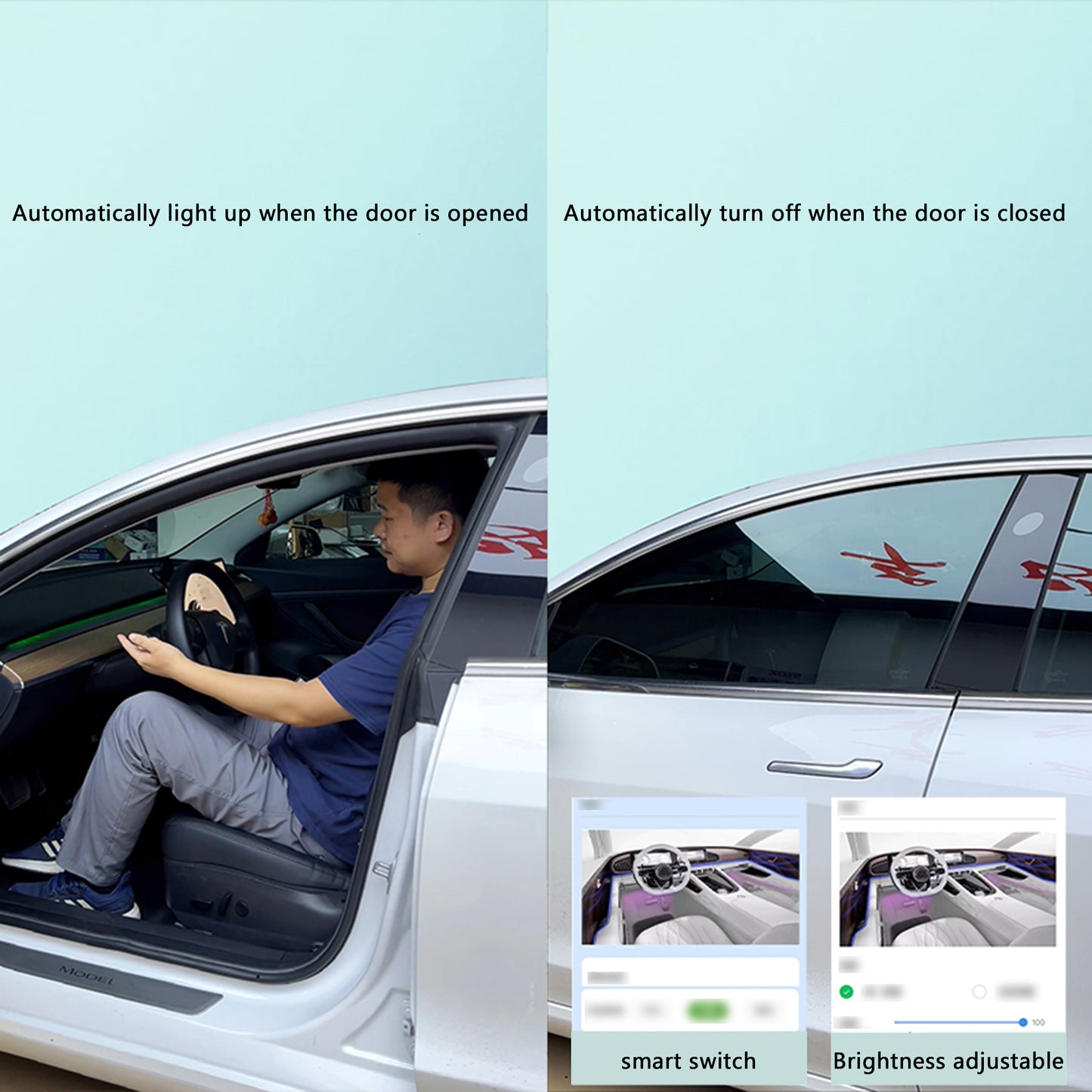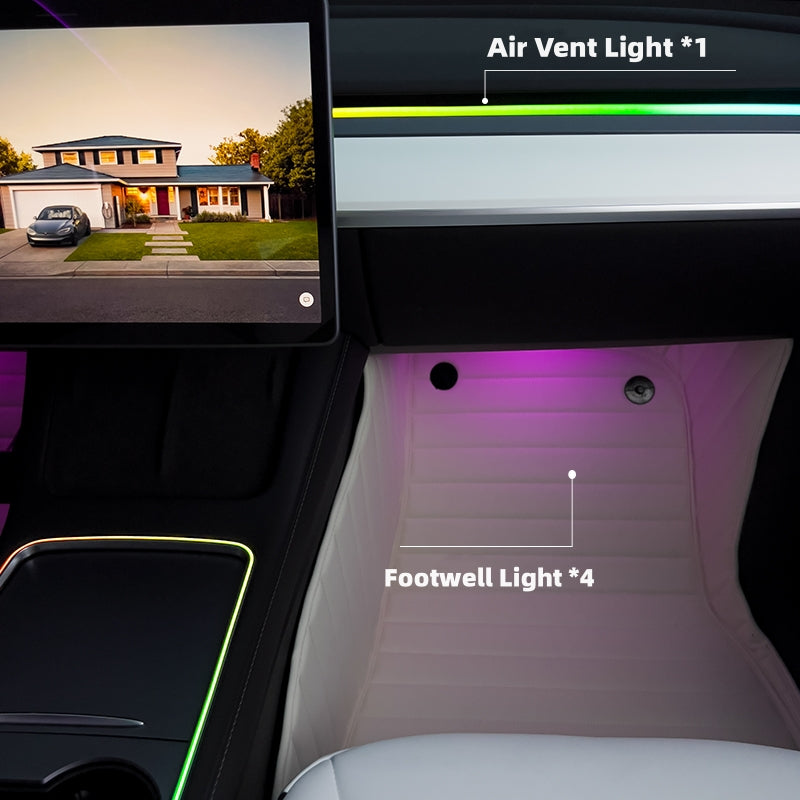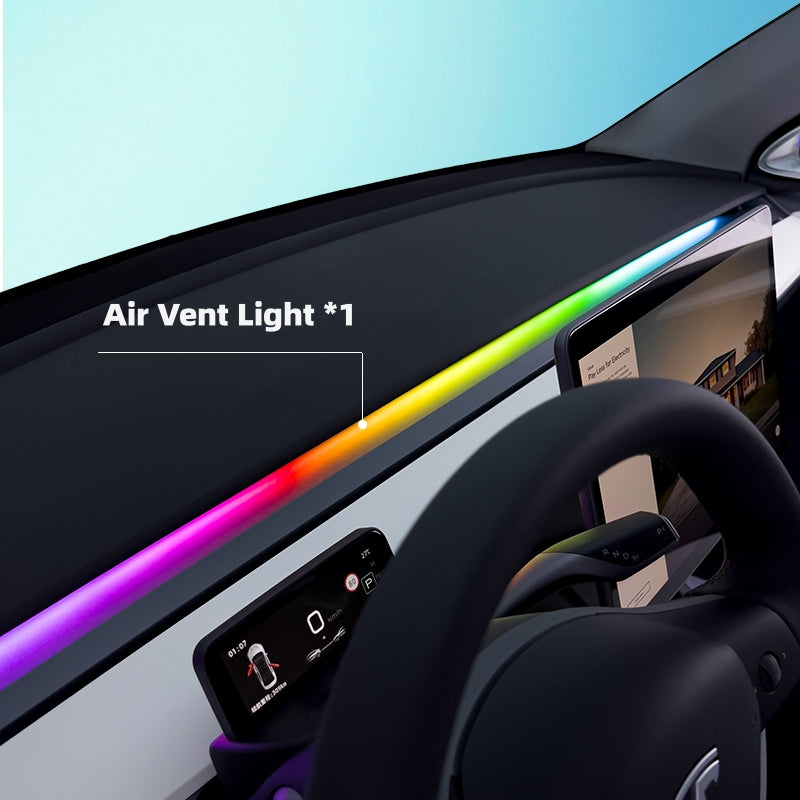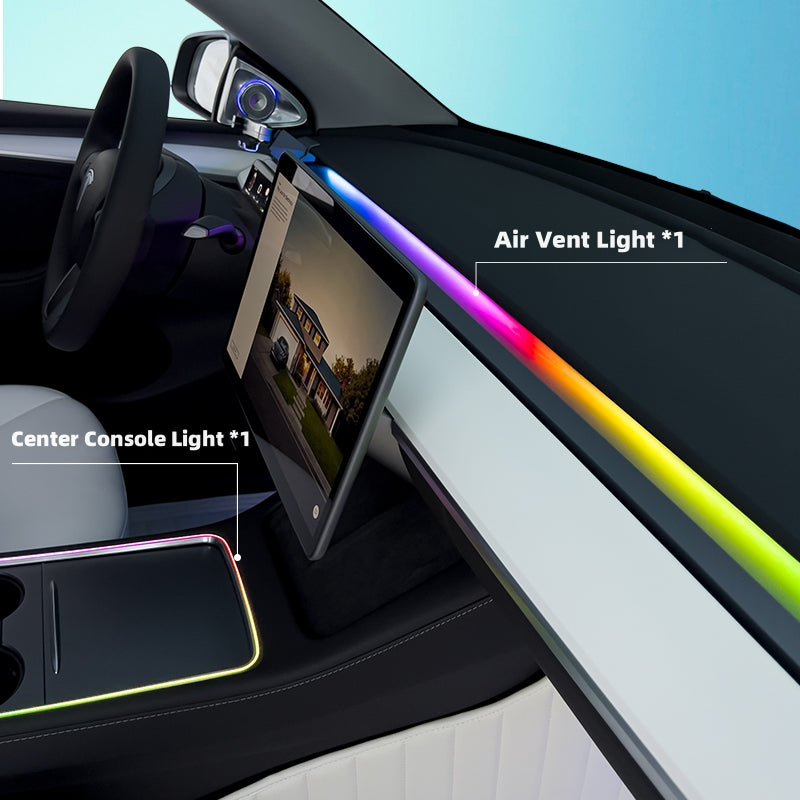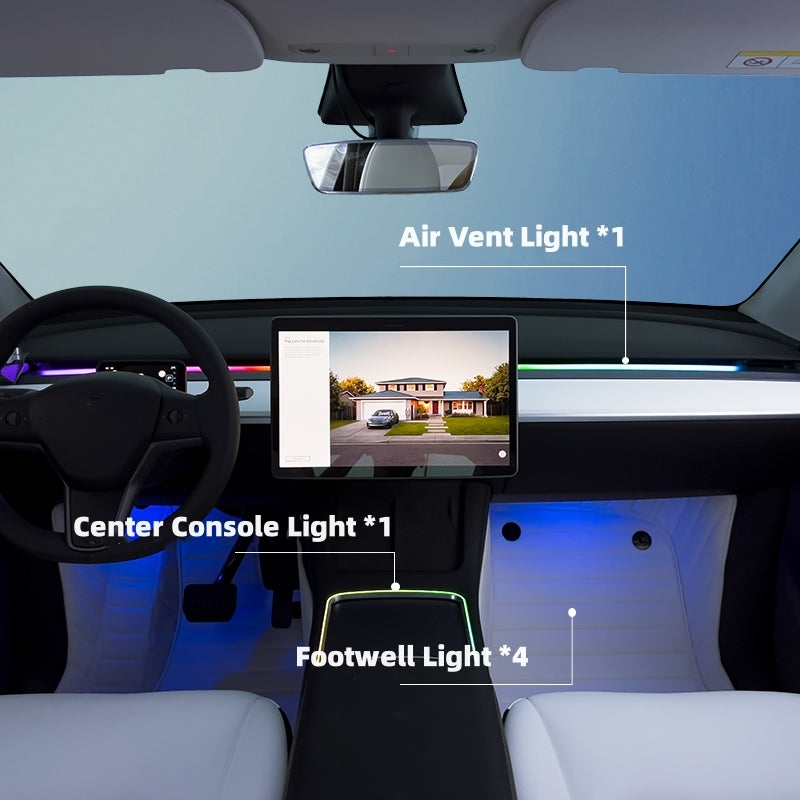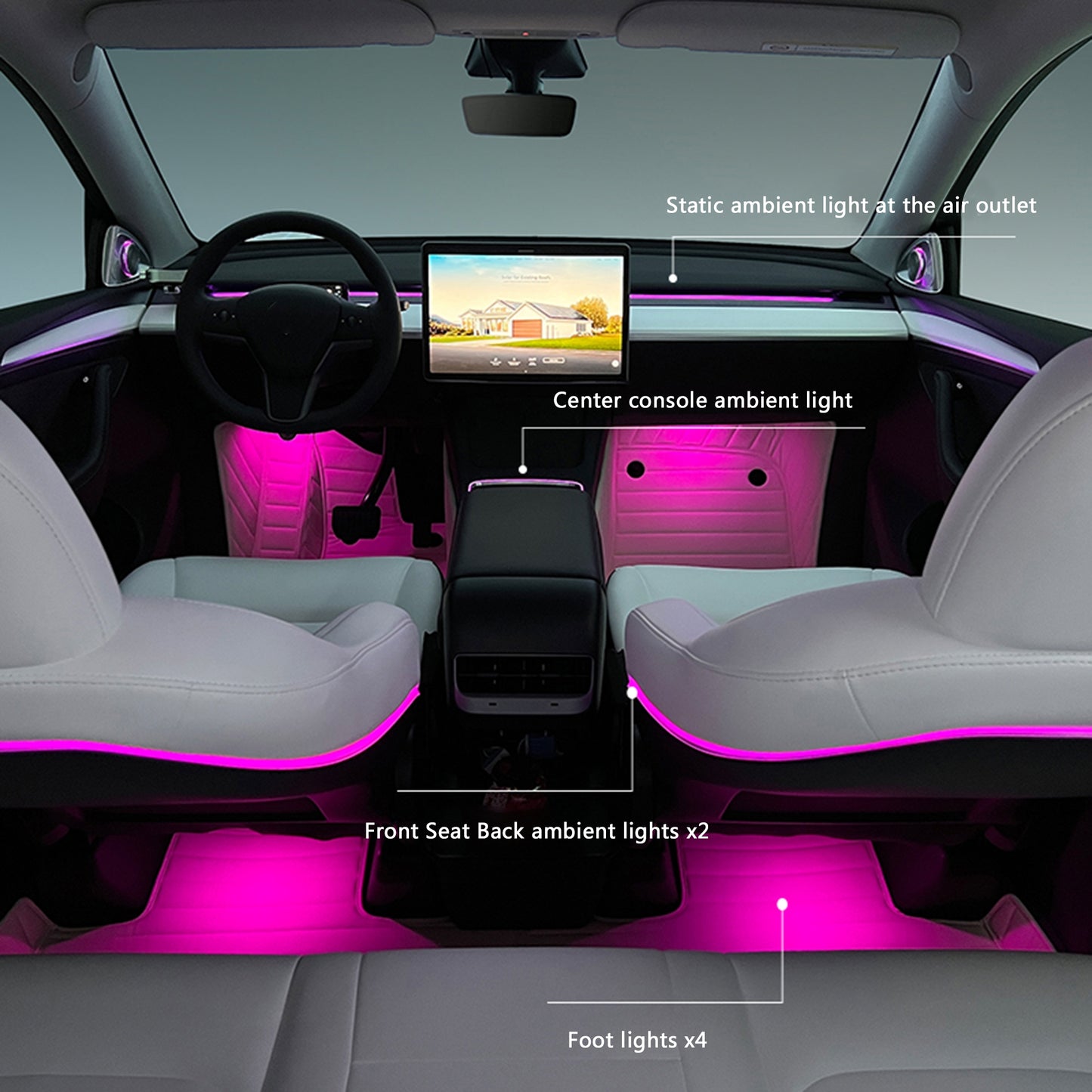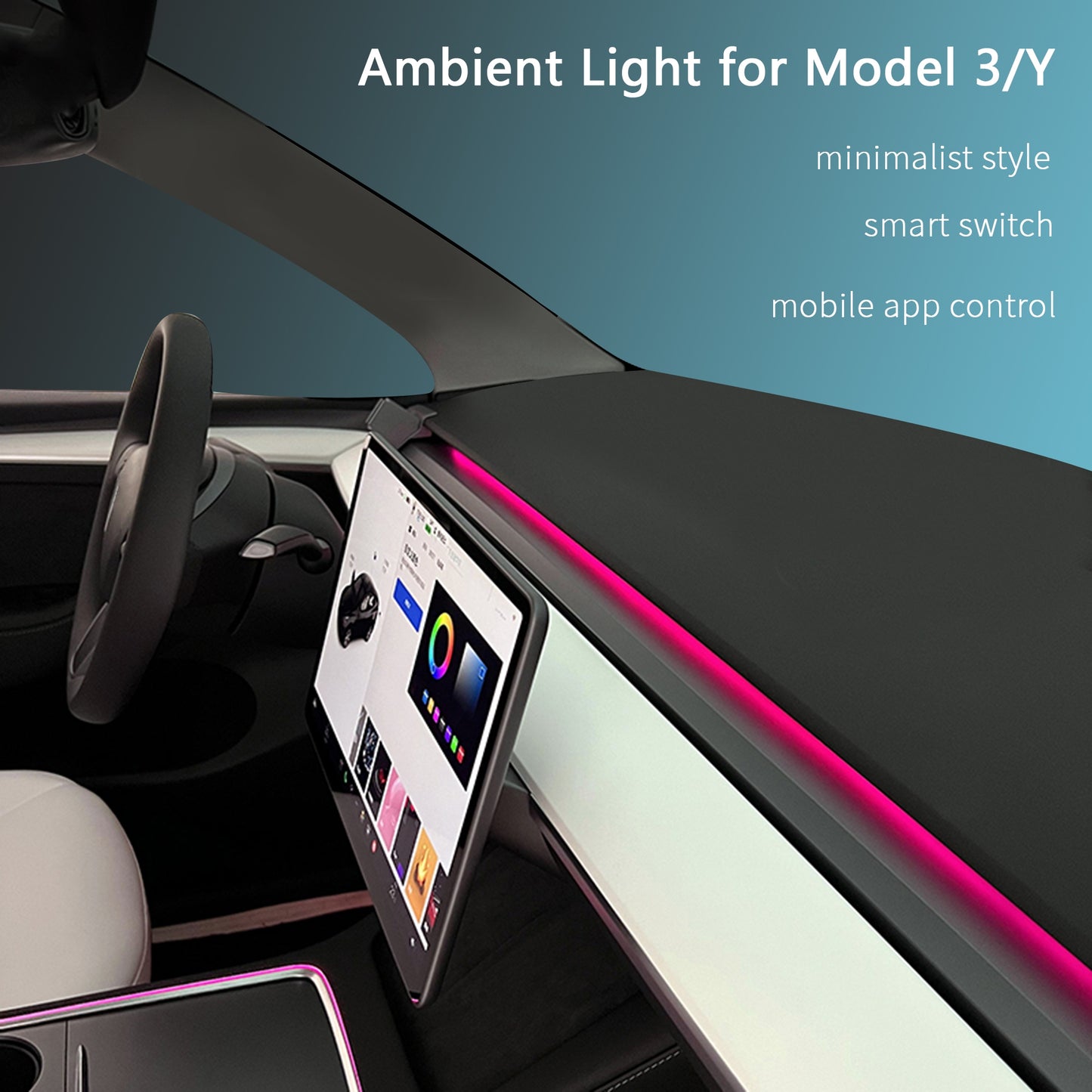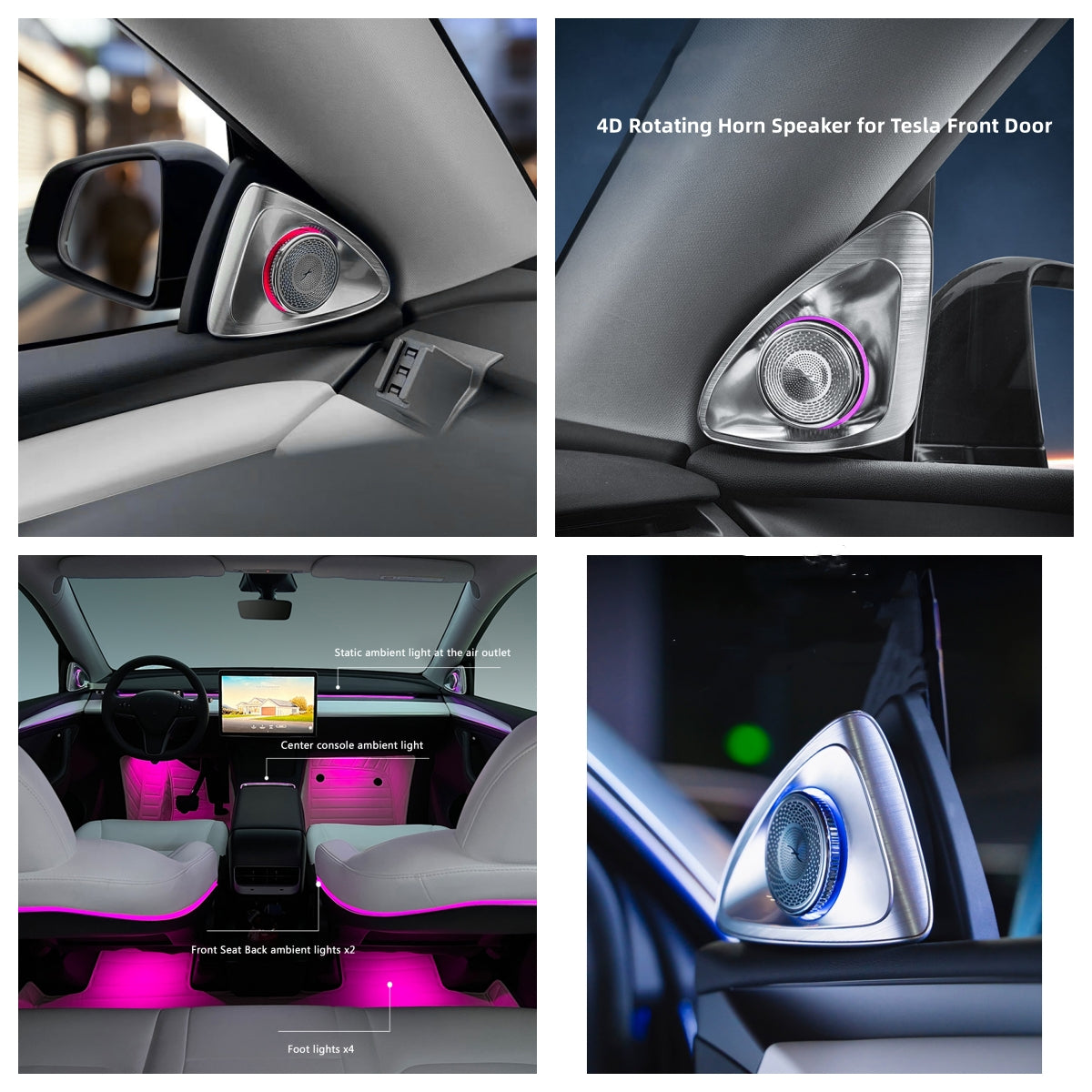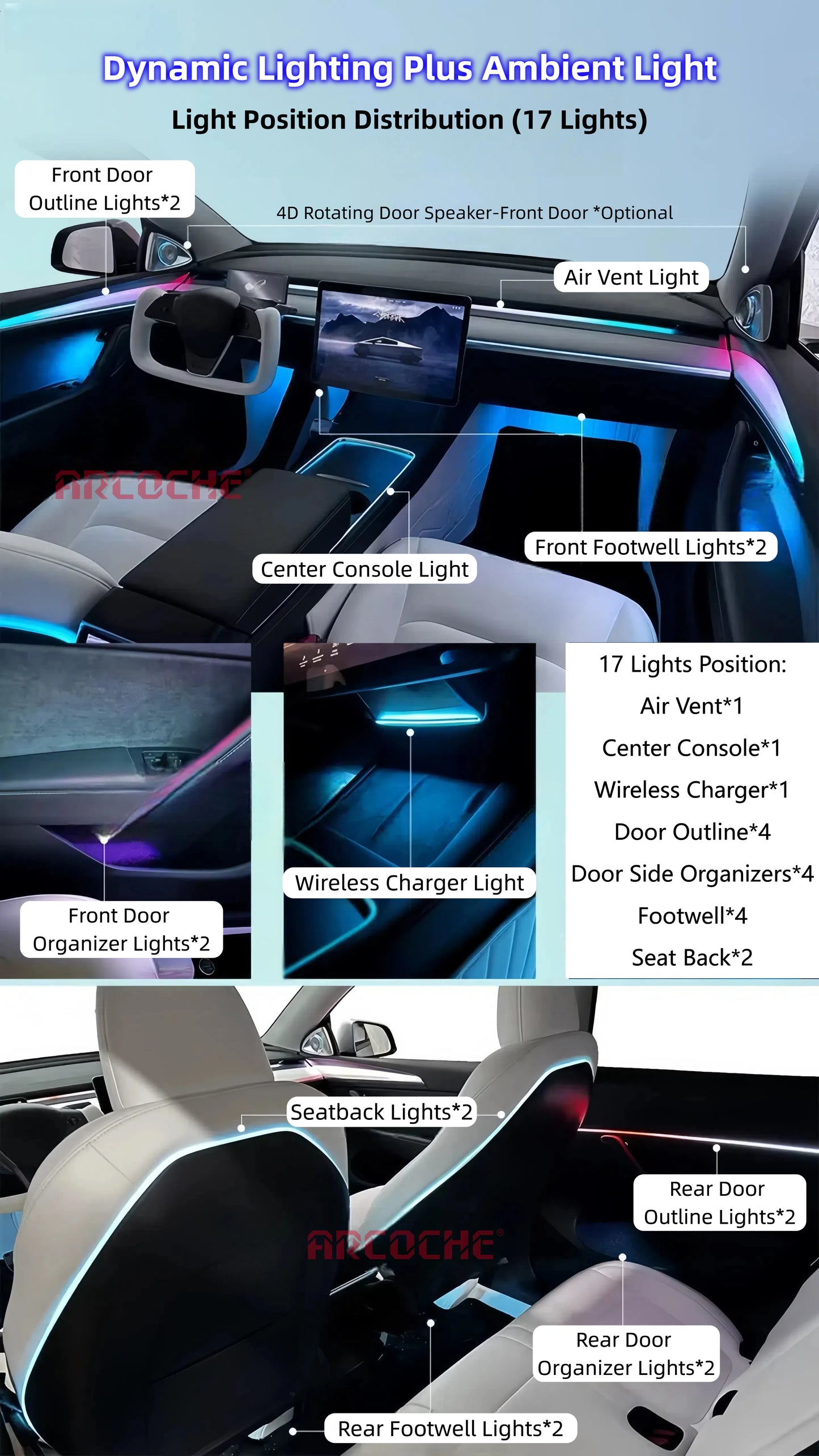
Tesla éprouve la première baisse annuelle des ventes, mais le marché EV continue de prospérer
À quelques jours du début de l'année 2025, le marché des véhicules électriques connaît déjà une période mouvementée. La semaine dernière, Tesla a donné le ton de cette année tumultueuse en annonçant que, pour la première fois, le premier constructeur américain de véhicules électriques avait livré moins de véhicules dans le monde que l'année précédente. En 2024, Tesla a livré 1,789 million de véhicules, soit une baisse de 1,1 % par rapport aux 1,808 million livrés en 2023. En conséquence, l'action Tesla a chuté de 8 %.
Cependant, vendredi, de nouveaux chiffres de ventes annuelles ont été publiés, offrant des perspectives plus prometteuses pour le secteur des véhicules électriques. General Motors a annoncé une augmentation de 50 % de ses ventes de véhicules électriques par rapport à l'année dernière, son SUV électrique Chevrolet Equinox étant en tête. Le Prologue électrique de Honda, lancé en milieu d'année, s'est vendu à 33 000 unités, un exploit impressionnant pour les débuts du constructeur japonais sur le marché électrique américain. Même Ford, qui avait annoncé l'année dernière abandonner sa stratégie de vente tout électrique au profit d'un mix de véhicules électriques, hybrides et essence, a réussi à vendre plus de 50 000 Mustang Mach-E.
Les chiffres mondiaux des ventes de véhicules électriques ne seront probablement pas entièrement compilés avant le mois prochain, mais les analystes affirment qu'aux États-Unis, les véhicules électriques semblent être en bonne voie pour représenter un pourcentage assez raisonnable de 8 % de toutes les ventes de voitures en 2024.
Parler de « montagnes russes » est peut-être un peu exagéré. À bien des égards, le discours sur les ventes de véhicules électriques – et même l'approche Tesla – se déroule largement comme l'industrie l'avait anticipé. « Au début de la décennie, on s'attendait à une croissance explosive des véhicules électriques », explique Stephanie Brinley, analyste automobile principale chez S&P Global Mobility. « Cette attente était irréaliste. L'évolution actuelle du marché est bien plus conforme à la réalité. »
« Tout le monde continue d’avancer lentement », déclare Corey Cantor, associé principal qui couvre les véhicules électriques chez BloombergNEF, à propos des voitures électriques et de leurs fabricants.
Optimisme tiède
Personne n'a jamais prétendu que le passage aux véhicules électriques serait une promenade de santé. Selon Ivan Drury, directeur des études chez Edmunds, un site web spécialisé dans l'automobile, l'électrification représente l'une des transformations les plus importantes jamais connues par l'industrie automobile, et une telle transformation ne se fait pas du jour au lendemain.
Créer un groupe motopropulseur entièrement nouveau et se procurer les minéraux nécessaires à la batterie ne sont qu'une partie de l'équation. L'autre volet consiste à modifier les habitudes d'achat des consommateurs, notamment pour ce qui constitue probablement l'un des achats les plus importants de leur vie. Compte tenu de ces défis, Drury remarque : « Il est impressionnant de constater l'ampleur des progrès réalisés. »
Même les récents revers de Tesla pourraient être interprétés comme un signe que l'entreprise du PDG Elon Musk est sur la bonne voie. En 2006, Musk a dévoilé son « Plan directeur », qui définissait l'objectif principal de Tesla : « accélérer la transition d'une économie d'exploitation des hydrocarbures vers une économie solaire-électrique, qui est, à mon avis, la principale, mais pas la seule, solution durable. » Les difficultés rencontrées par Tesla pour maintenir sa croissance annuelle sont en partie dues au succès de cette stratégie, qui a entraîné une concurrence mondiale accrue sur le marché des véhicules électriques. L'année dernière, Tesla a officiellement perdu sa place de premier constructeur mondial de véhicules électriques au profit du chinois BYD, qui a produit environ 4 500 véhicules électriques supplémentaires. (Cependant, Tesla a tout de même vendu davantage de véhicules électriques, en grande partie grâce aux consommateurs chinois, qui ont acheté 8,8 % de véhicules Tesla de plus l'année dernière par rapport à 2023.)
L'avenir de l'initiative mondiale d'électrification des véhicules dépend en grande partie des décisions politiques. Aux États-Unis, les ventes de véhicules électriques (VE) ont bondi au dernier trimestre de l'année.Cette hausse pourrait être attribuée à la réaction des consommateurs à l'annonce du projet de la nouvelle administration Trump de supprimer les incitations à l'achat de véhicules électriques, les incitant à suivre les conseils des experts et à acheter de nouvelles voitures tant que les subventions étaient encore disponibles. À quoi ressemblera la situation en 2025 si ces incitations à l'achat sont supprimées ?
Bien que l'on attende davantage de données sur les ventes, les chiffres pour 2024 suggèrent que le secteur progresse comme prévu. « C'est une transition radicale », remarque Brinley, l'analyste, à propos du passage aux véhicules électriques. Elle reste toutefois optimiste : « Nous allons assister à une adoption plus large », affirme-t-elle.
🎉 Commencez la nouvelle année en beauté ! 🎊 Profitez de réductions exclusives sur nos produits exceptionnels ! Utilisez le code SAVEBIG lors du paiement pour bénéficier de votre offre spéciale ! 🛒
https://arcoche.com/collections/for-new-model-3-highland
https://arcoche.com/collections/tesla-model-y-aftermarket-accessories
https://arcoche.com/collections/for-cybertruck
(en cas de problème, n'hésitez pas à nous contacter via "arcochehsop@gmail.com")



